Blog
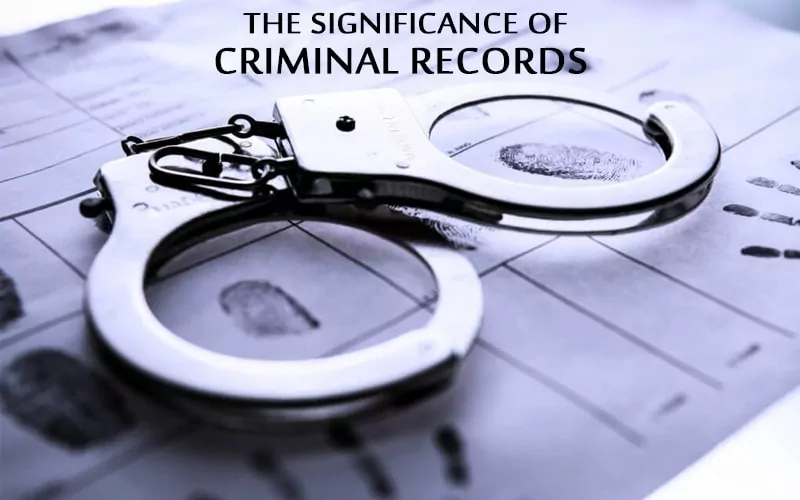
The Significance of Criminal Records
Facing a criminal charge is a cause for immediate concern, and the best criminal lawyers in Winnipeg should be there…

October 31, 2020 • 4 minutes read
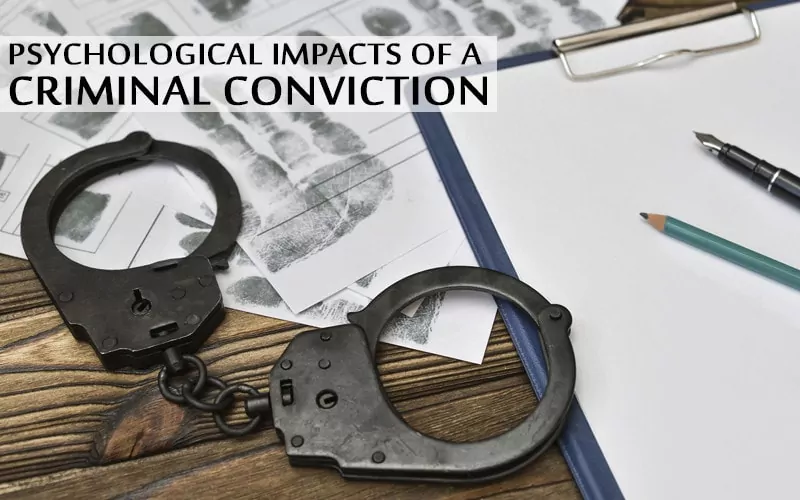
Psychological Impacts Of A Criminal Conviction
There are multiple ways for a criminal conviction that includes jail time can impact your life, irrespective of whether the…

October 25, 2020 • 4 minutes read
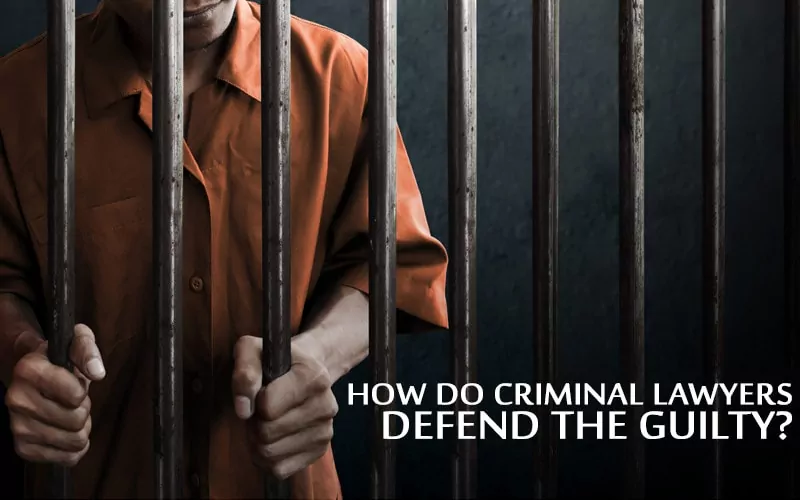
How Do Criminal Lawyers Defend The Guilty?
No matter how many times people have attempted to answer this question, each generation will continue to ask it until…

October 19, 2020 • 4 minutes read
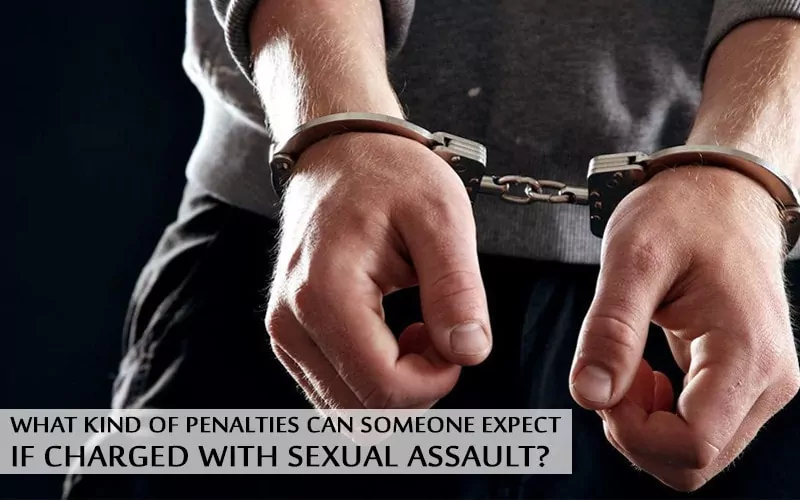
What Kind Of Penalties Can Someone Expect If Charged With Sexual Assault?
When charged with sexual assault, it is essential to know what kind of assault you are convicted of. The minimum…

October 13, 2020 • 4 minutes read
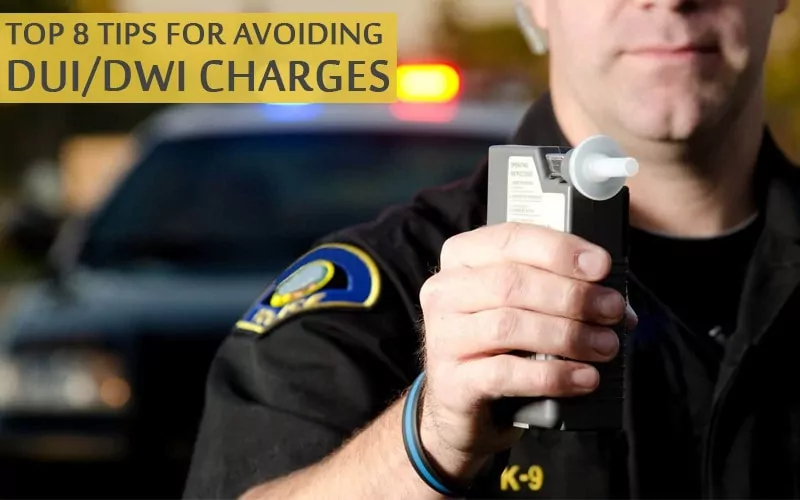
Top 8 Tips For Avoiding DUI/DWI Charges
Getting arrested, a conviction for driving under the influence or driving while intoxicated can have serious repercussions for a person.…

October 7, 2020 • 4 minutes read
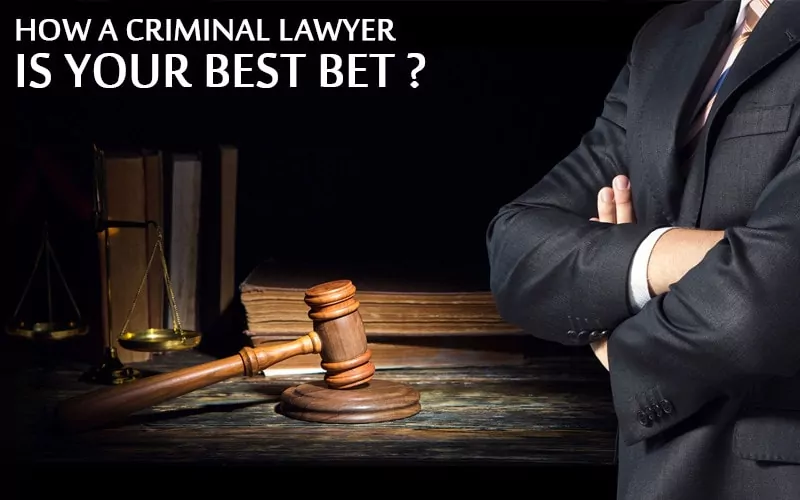
How A Criminal Lawyer Is Your Best Bet?
The topic of morality is one of the most controversial and complicated subjects since the beginning of time and will…

September 30, 2020 • 4 minutes read